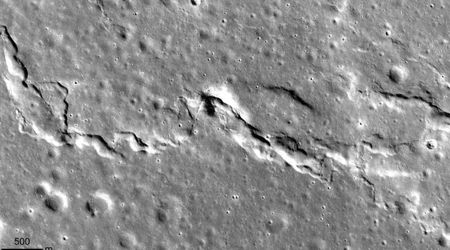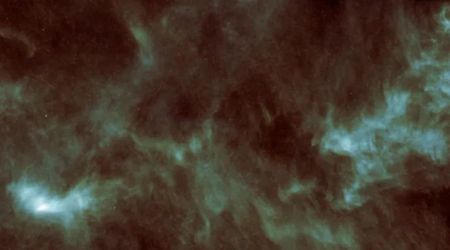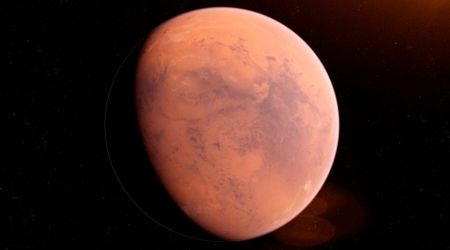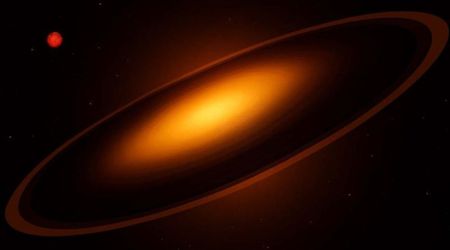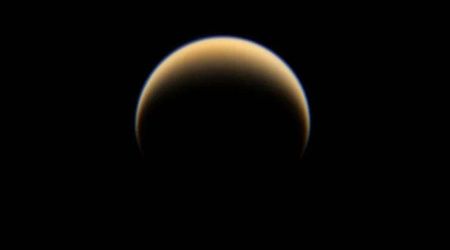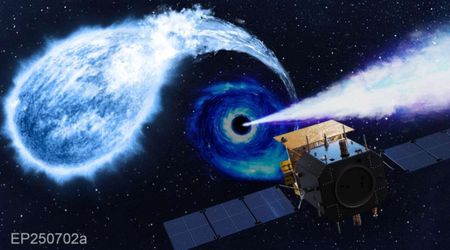Pentagon raises concerns over ULA’s rocket delays, calls performance ‘unsatisfactory’

A senior Pentagon official delivered scathing written testimony to a US House of Representatives subcommittee, sharply criticizing one of the nation's two main rocket providers, United Launch Alliance (ULA). Major General Stephen G. Purdy, acting assistant secretary of the Air Force for Space Acquisition and Integration, expressed significant concerns about ULA's long-delayed Vulcan rocket program, per Ars Technica.

In his written testimony for the May 14 hearing before the House Armed Services Committee on Strategic Forces, Purdy stated, "The ULA Vulcan program has performed unsatisfactorily this past year." This particular criticism was part of his written remarks and had not been publicly reported until now, as it wasn't brought up during the hearing itself. Purdy further elaborated on the issues, writing, "Major issues with the Vulcan have overshadowed its successful certification, resulting in delays to the launch of four national security missions." He also highlighted the impact on military objectives, noting, "Despite the retirement of highly successful Atlas and Delta launch vehicles, the transition to Vulcan has been slow and continues to impact the completion of Space Force mission objectives."
Within the space community, there has been a long-standing understanding that military officials are increasingly frustrated with the slow pace of the Vulcan rocket's development. Despite providing over $1 billion in development contracts for the rocket and its engines, the US Air Force has seen the Vulcan's maiden launch repeatedly delayed from its original target of 2020, consequently postponing critical national security missions. While this discontent has largely remained private, the recent public testimony underscored a growing impatience. Behind the scenes, however, concerns have been escalating. Approximately a year ago, Frank Calvelli, another Air Force official, directly communicated his apprehension to ULA, stating he was "growing concerned" about the company's capacity to ramp up Vulcan production and meet the military's launch demands. Calvelli specifically highlighted that ULA had a backlog of more than two dozen national security missions grounded due to these persistent delays.

Evidence of this mounting displeasure became apparent in April when the US military announced its decision to award the plurality of its upcoming national security launch contracts to SpaceX. This marks a significant shift, reversing the dominant role United Launch Alliance had maintained in national security launches for the past two decades. With ULA having retired its Delta IV Heavy rocket in 2024 and its remaining handful of Atlas V rockets committed to other missions, the Air Force has found itself increasingly dependent on SpaceX. Currently, SpaceX's Falcon 9 and Falcon Heavy vehicles are the sole providers capable of launching the military's most expensive and highest-priority satellites into orbit, as mentioned by the outlet.

Additionally, in his testimony, Purdy acknowledged that ULA completed the certification of the initial Vulcan rocket variant for military launches from Cape Canaveral, Florida, on March 25. However, he emphasized that "open work" remains. Purdy further detailed the efforts being made to overcome these hurdles, stating, "To address these challenges, ULA has increased its engineering resources and management focus to resolve design issues." Purdy added, "Government and Federally Funded Research and Development Center personnel have increased involvement in technical and program management challenges." He also noted that ULA needed to deliver better, "For these programs, the prime contractors must re-establish baselines, establish a culture of accountability, and repair trust deficit to prove to the SAE that they are adopting the acquisition principles necessary to deliver capabilities at speed, on cost and on schedule."
